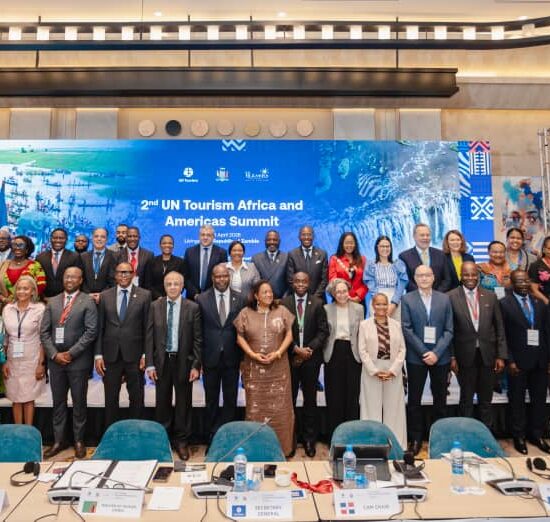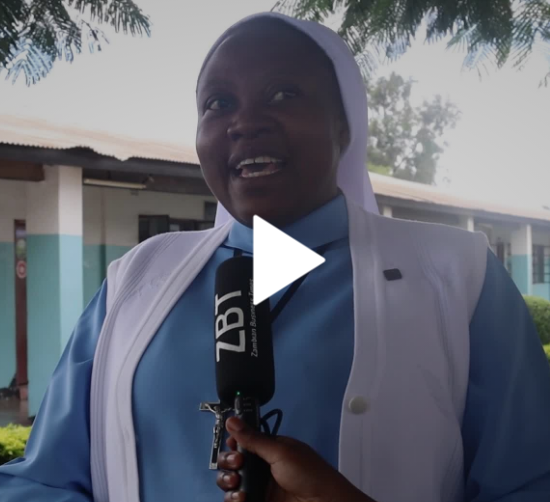
Energy expert engineer Bornface Zulu has charged that the Country which is currently grappling with the effects of the 8 hours power cut due to low rainfall and the droughts is likely to see an increased hours of load shedding to over 10 hours per day.
Engineer Zulu explained that if the droughts and the high weather temperatures currently being experienced in most parts of the Country continues in months to come, load shedding hours might go up by 2 hours to 10 hours per day.
On 11th March , 2024, Zesco Limited announced the 8 Hours of daily Load Shedding and attributed the move to The 700 Megawatts Deficit, due to the impact of the El Nino.
Commenting on the matter in an exclusive interview with the Zambian Business Times -ZBT, Energy expert engineer Bornface Zulu said that looking at the current prevailing weather conditions being experienced in the country, the load shedding hours might be increased further due water levels that might also drop further.
Zulu said that Ordinary Zambians need to prepare themselves with what is coming ahead of them by finding other alternative sources of energy such as solar energy.
He noted that there is an urgent need for the Government to formulate favorable policies that will attract foreign investors to invest in alternative sources of energy to develop the energy sector and reduce demand on the national grid.
He further noted that the energy sector will continue being underdeveloped if proper policies are not formulated to attract both local and foreign investors to invest in the energy sector.
He therefore emphasized on the need for cost reflective energy tariffs to attract more investment in the energy sector.
“Once we experience dryness it means that we are going to experience an increase in evaporation as well as a reduced inflow of rainfall that will also translate to the generation capacity of electricity meaning that the load shedding hours might increase to about 2 hours. It’s not a correct prediction but looking at the current situation we are in we might see an increase in load shedding hours. Ordinary Zambians need to brace themselves with what is coming ahead of them because they have been too dependent on the national grid. They need to prepare themselves for other alternative sources such as solar to run their normal day to day lives because the national grid has a heavy demand on it that in some cases they will not be able to provide adequate energy for everyone,” he said.
“We have unattractive policies that have deterred foreign investors as well as local investors to invest in Zambia’s energy sector. We’ve seen the government sign memorandum of understandings (MOU’s) but an MOU doesn’t mean that you have signed the actual contract. So we’ve seen government sign different MOU’s with different companies but most companies or investors are failing to invest in Zambia due to the unattractive policies as well as the non cost reflective tariffs in the electric energy sector.”
“If we don’t have cost reflective tariffs prices, investors will not come and there will be nothing that will be done in the energy sector and demand will still be increasing. So cost reflective tariffs is what will attract foreign investors to invest in the energy sector. Most investors are running away when they look at low tariffs. Most investors want to gain their return on investment in the shortest period possible. Government also needs to come up with favorable policies that will attract foreign investors to invest in alternative sources of energy,” said Zulu.







